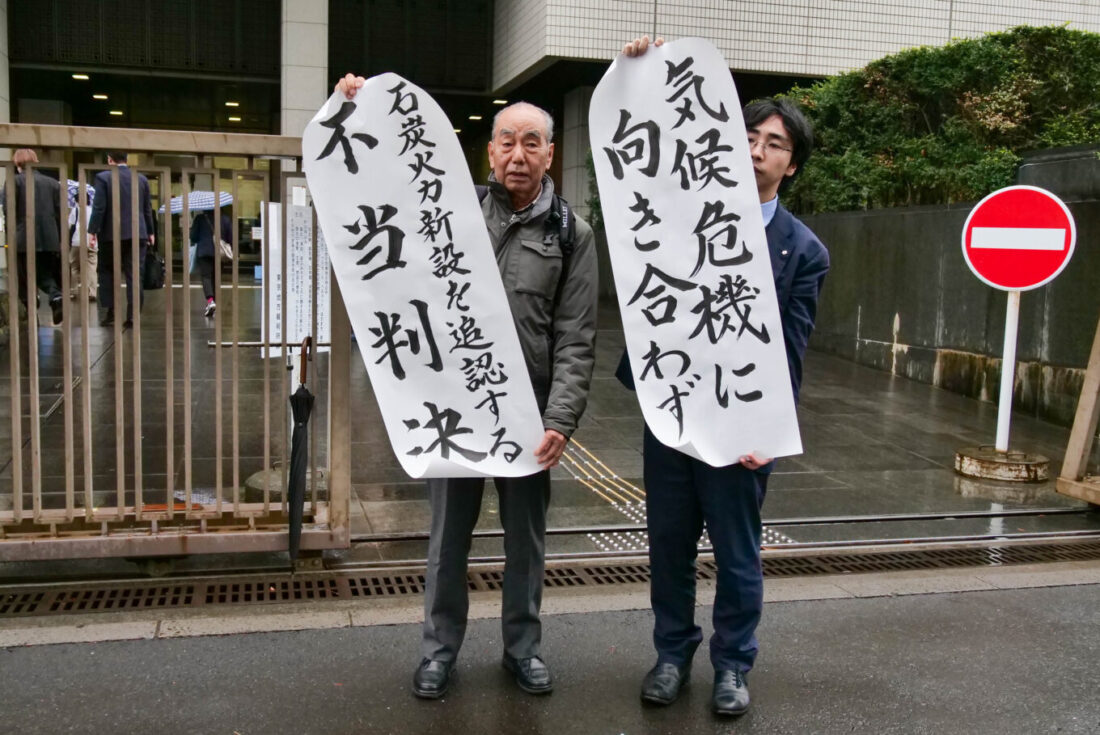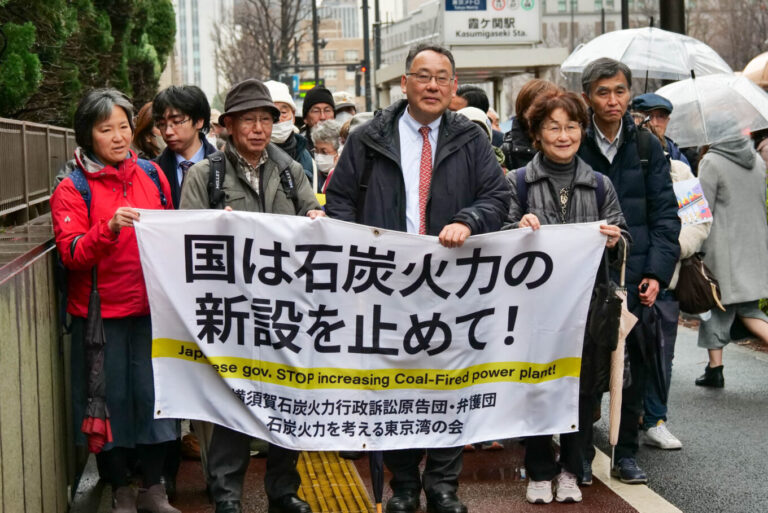On February 22, 2024, the Tokyo High Court ruled to dismiss the appeal, upholding the first trial court’s decision to dismiss the plaintiffs’ claims. The plaintiffs had filed a lawsuit against the government, which had issued a final and binding notice for the Environmental Impact Assessment (EIA) of construction of the Yokosuka coal-fired power plant, seeking cancellation of the final notification.
In the judgment, the Hight Court recognized the danger of climate change, citing both the IPCC Fifth Assessment Report and the IPCC Special Report on Impacts of Global Warming of 1.5 °C, and stated, “Indeed, it is a serious and grave situation that climate change is causing weather disasters and changes in ocean conditions in various parts of the world, including Japan, and causing various damages to people.” It is some progress on the point the court recognized the fact that climate change is a serious condition, better than the first trial which did not mention any issues of climate change at all.
However, regarding damage caused by global warming, the court denied the plaintiffs’ standing to sue. It stated that “even if carbon dioxide emissions from the operation of this new coal-fired power plant contributes to global warming, the interest is not suffering damage caused by global warming because the alleged power plant is not considered to particularly increase the threat of damage in relation to a special range of persons, such as residents living nearby the new power plant in question.”
Regarding the environmental assessment of global warming, the court stated that there was no problem in not conducting an environmental impact assessment of greenhouse gas emissions because “it is difficult to conclude that the carbon dioxide emissions from the new power plant alone will significantly increase the scale or frequency of damage caused by disasters and other effects due to global warming.”
Furthermore, regarding the simplification of the environmental assessment, which is allowed in cases that “environmental impacts would be reduced,” the attorneys argued that the impact of the new power plant could not be said to have been reduced without going back to 1970. However, the court said “it does not require that the actual environmental impacts be reduced compared to those of recent operations.”
The attorneys and plaintiffs released a statement (only available in Japanese) on the day of the court ruling and stated “we have to say this decision is an unfair ruling that does not face the damage caused by the worsening global warming.”

The head of the plaintiffs’ group, Rikuro Suzuki, announced that they will appeal to the Supreme Court of Japan to review the decision.
Bottom Up! Channel
Related link
Yokosuka Climate Case (written in Japanese, Link)

